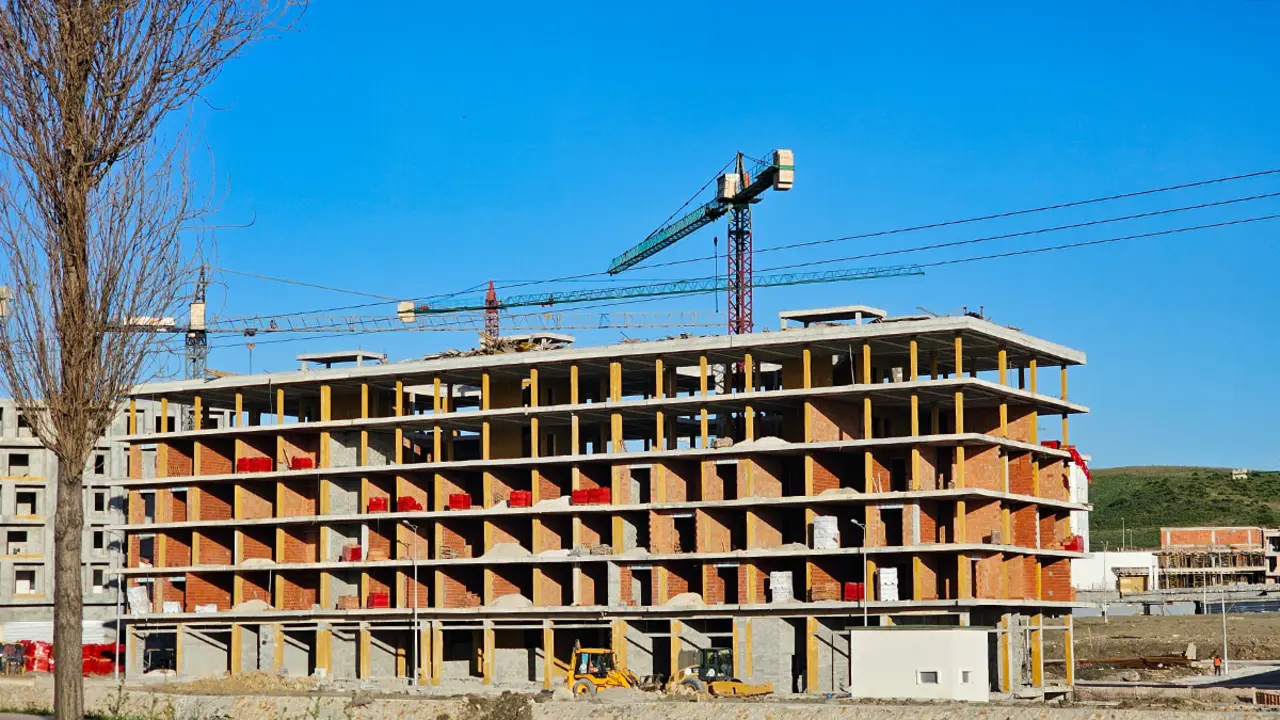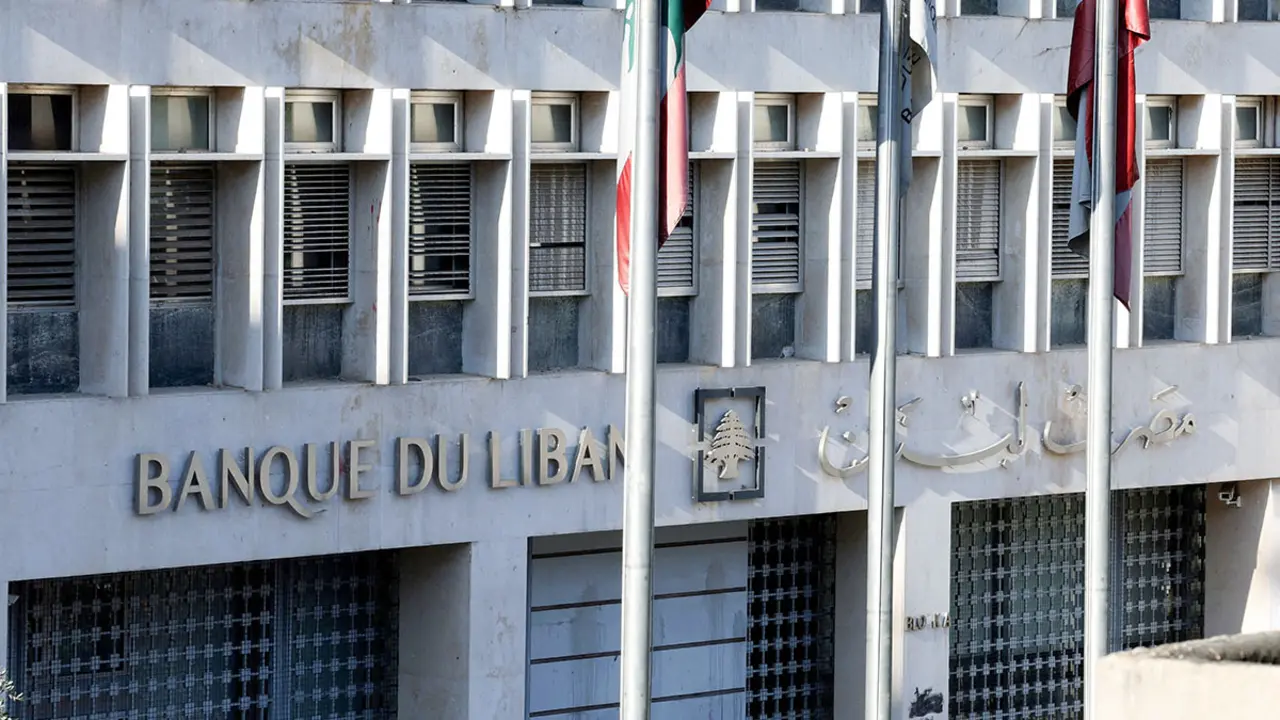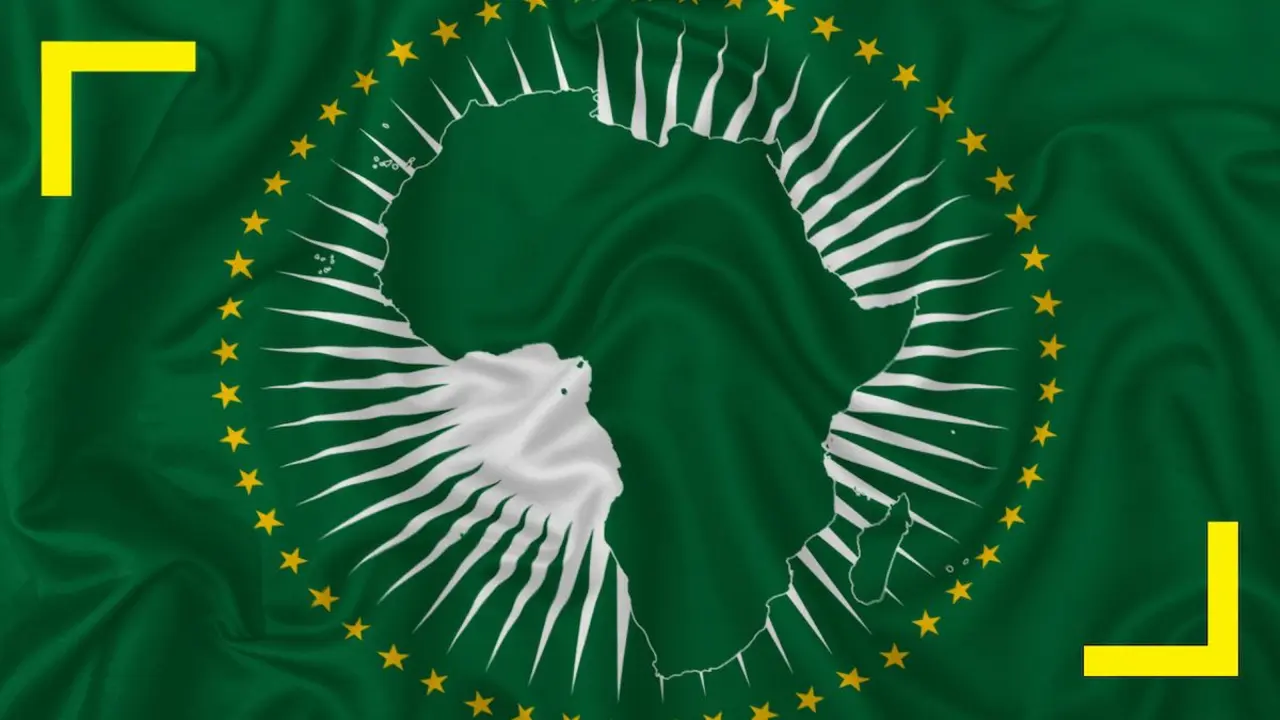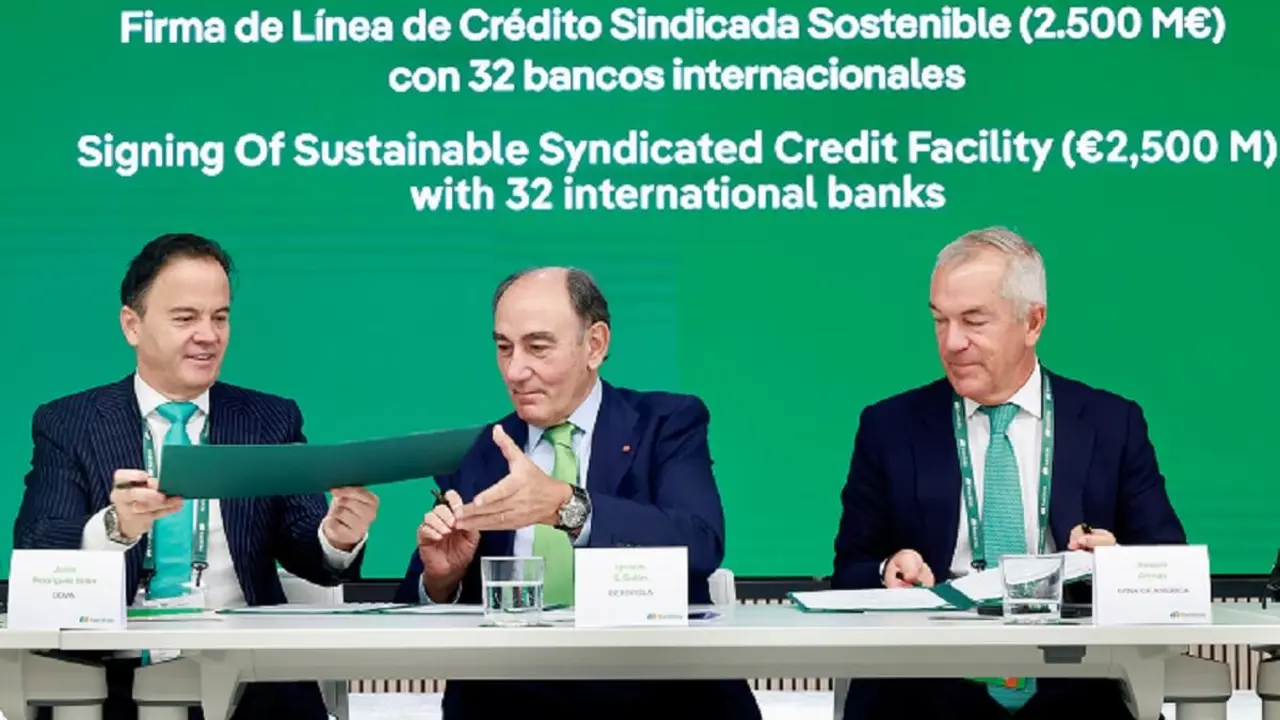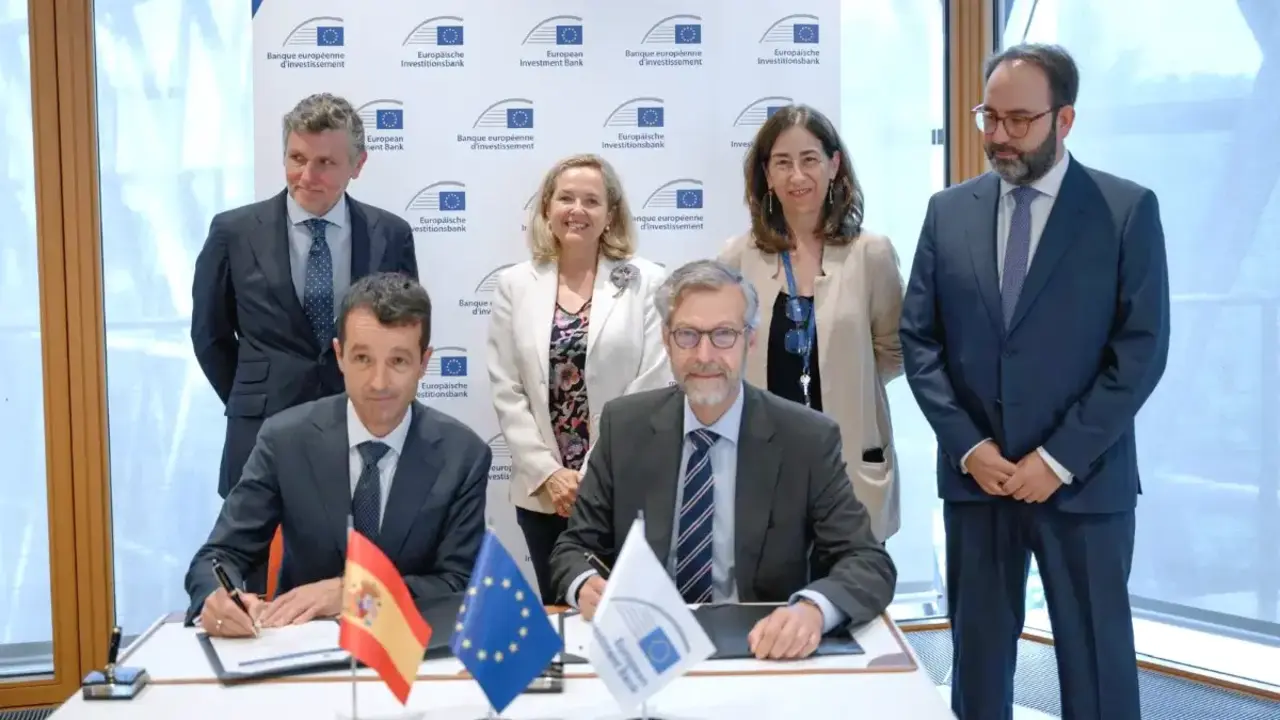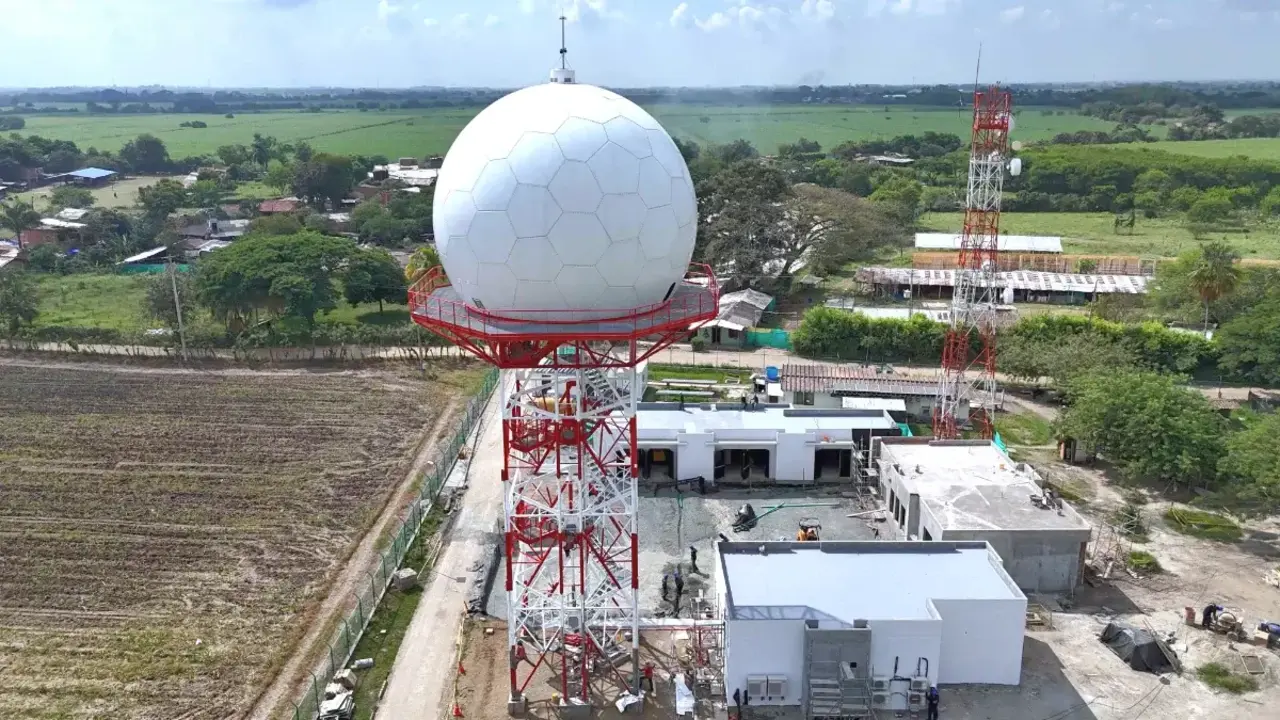United Arab Emirates and Saudi Arabia unblock OPEC+ talks
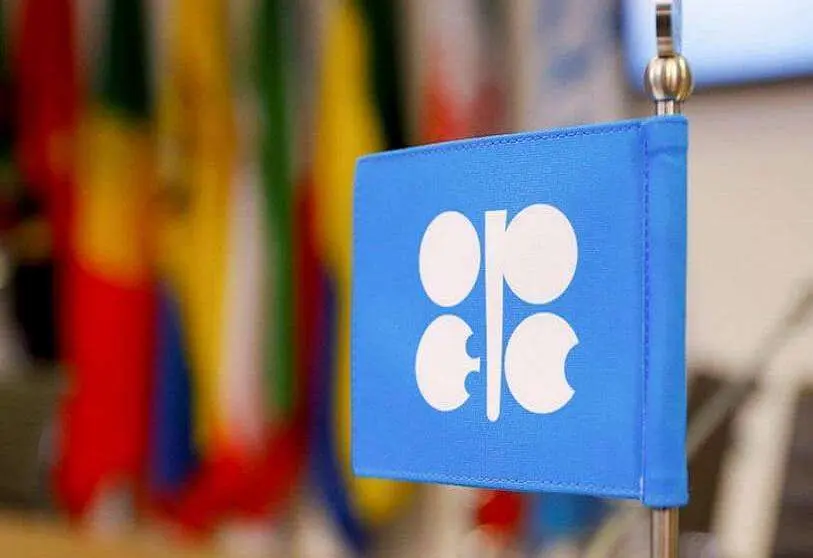
Saudi Arabia and the United Arab Emirates have reached an understanding that would unblock the stalemate in OPEC+ negotiations. According to the delegation, Saudi Arabia has moved to grant higher quotas in favour of the UAE, which would allow the Gulf state to have a higher production allocation.
In this way, Saudi Arabia's move would solve what became the sticking point at the last meeting. The Emirates was asking for an increase in its quota as of next August, as its potential crude oil production has increased in recent months. In this sense, these quotas are decided on the percentage of potential production that, having seen its production increase, would correspond to Emirates being able to pump a greater quantity of crude.

However, Saudi Arabia and the rest of the Organisation's partners did not accept the UAE's demands. For his part, the United Arab Emirates' Energy Minister, Suhail al-Mazrouei, expressed his disagreement with the decision after describing it as "unfair" and affirmed that "it makes no sense to put conditions on an increase in August" since "the market needs an increase in production". In this line, the lack of understanding led to the paralysis of an agreement that promised an increase in production of 400,000 barrels of oil per day each month among all oil producers.
Reuters has reported that the increase in production would belong to the UAE as it has decided to pump more crude into the global market, which translates into an increase in supply and an easing of the thirst for crude after the economic recovery begins.
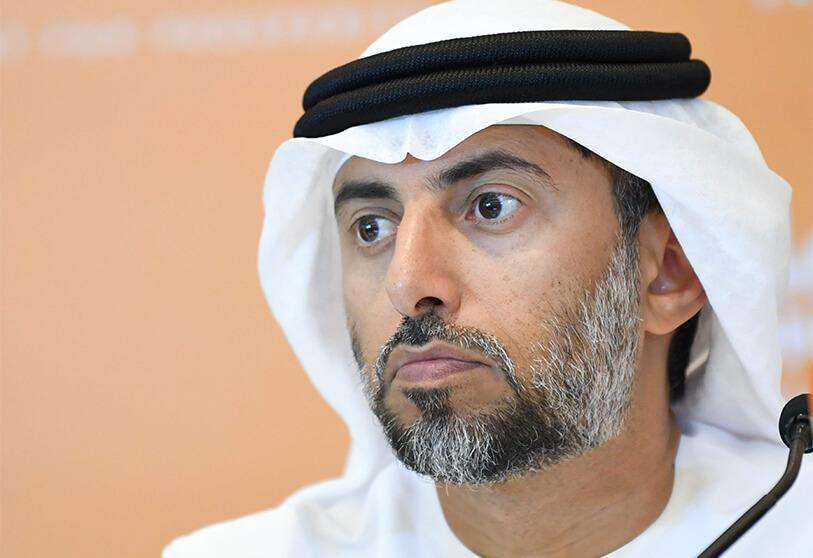
Following the agreement, oil prices have reacted downwards, although the movements have not been very significant. However, this agreement means that OPEC will start producing more crude oil almost immediately. Despite the initial fall, crude oil seems to have returned to its initial pre-pandemic prices.
Alongside this, the American Petroleum Institute said that inventories of both crude oil and gasoline in the US fell last week. According to different sources, the data showed that US crude oil stocks fell by 4.1 million barrels while gasoline stocks fell by 1.5 million barrels. Brent crude was down 8 cents, or 0.1 per cent, at $76.41 a barrel by 06:02 GMT, after gaining 1.8 per cent on Tuesday.
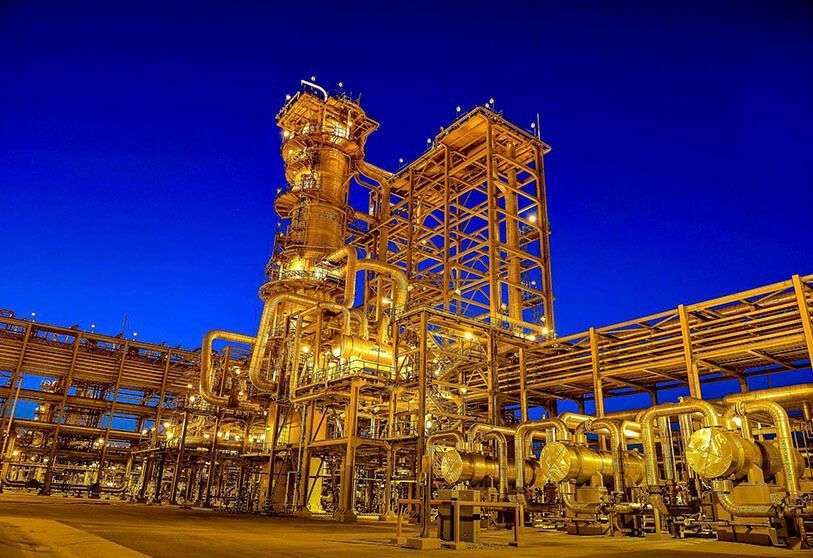
For its part, the International Energy Agency reported in a statement the possibility that "oil markets may witness a state of scarcity", in a context in which demands for traditional energy sources are recovering after experiencing sharp economic downturns following the global spread of the pandemic. The report went on to argue that "while vaccines to prevent the virus contribute to high demand for crude oil, the possibility of rising fuel prices threatens to boost inflation levels and damage a still fragile global economic recovery". Alongside this, the Agency said that demand had seen a spike in the past month coinciding with the increased vaccination rate.
For Emirates, any illogical increase in oil production, as well as a decrease in fair levels, would threaten the economic recovery and growth of the global economy in 2021 and 2022. Moreover, in 2017, the UAE reduced its production by more than the quota approved for it because, as at the last meeting, the Persian country considered it unfair that the oil market "did not take its proposals into account". In this sense, the UAE continues to hope that the oil market will experience an accelerated economic recovery and that it would be incumbent on all producers to provide sufficient supplies to meet the growing demand for oil.

